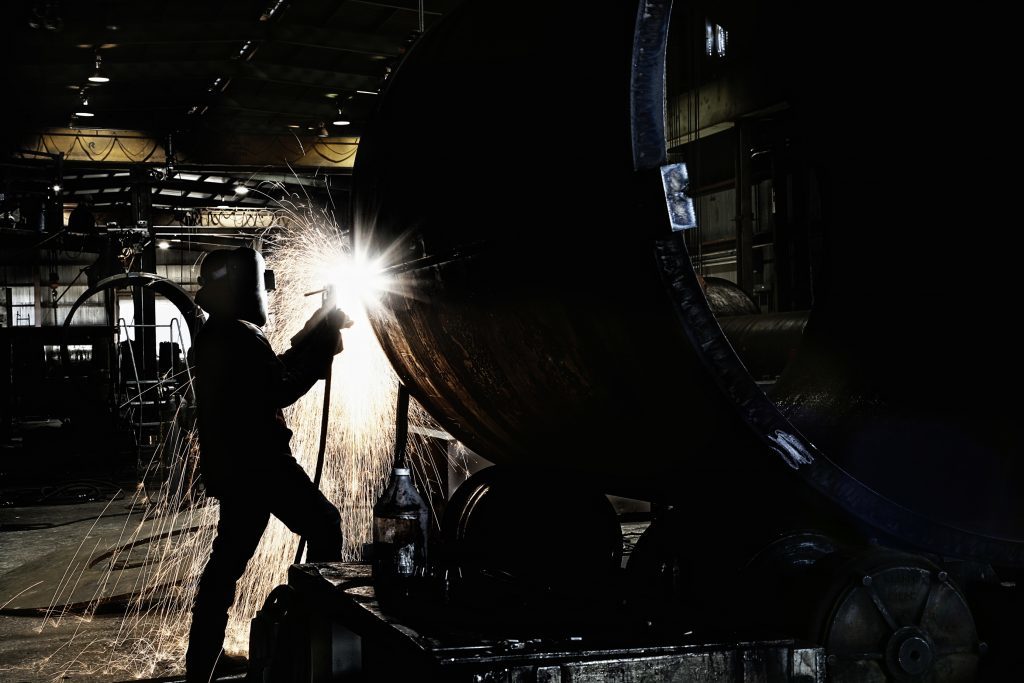
Challenging. It’s a popular word today, and if you work in the oil and gas industry, there won’t be a conversation in any boardroom, office, workshop or offshore platform where it’s not being used … and frequently.
Within today’s challenging energy market, both operators and service providers are looking for immediate solutions that will reduce costs, increase efficiency and provide reassurance that they’re getting the best possible performance from their equipment, safely.
Of course, challenging doesn’t need to be a bad word – when someone throws down the gauntlet and issues us with a challenge, that’s when we tend to do our best work.
Still, I’d advocate bringing the word disruption into our conversations. Let me explain.
I have learned three important lessons that are particularly relevant at times such as these: first – industries operate in cycles – peaks and troughs – and we must learn and adapt to the realities of the market; second – tough times drive innovation, encouraging new ways of thinking, radical approaches and forcing organizations to transform to become lighter, faster and more productive; and third – adversity brings us closer to our customers, driving collaboration, and ensuring we are aligned to their needs.
We can put those lessons into practice by focusing on what we can control, driving costs down and efficiencies up. We can’t control the cost of oil and gas, so the challenge to the energy industry is to redefine and redesign itself to ensure profitability at lower cost per barrel. That requires investment in technology that reduces the price of finding, extracting, refining and supplying energy, and the cost of OPEX overall.
Right now, disruption is happening TO us, and we need to turn the tables so that industry leaders are the ones instigating that disruption, and harnessing the benefits.
Being disruptive means rejecting the status quo and doing something entirely different to provide new, valuable solutions. As I said, the courage to be disruptive and forge ahead outside traditional boundaries is how we find smarter, simpler solutions.
Disrupting the traditional customer-vendor relationship is at the core of this and I believe we’re in an era of human partnerships and co-creation. Instead of developing solutions in isolation, we’re innovating in close collaboration with customers, testing, failing fast and learning, developing a relationship of mutual trust and respect that drives long-term value. It has taken time for industry players to truly collaborate and create symbiotic relationships, but we are getting there.
We’re also disrupting the traditional approach to developing products and services by introducing smarter, more cost-effective hardware and software tools and applications, as well as the technology used to make them.
And we’re leading the way in the digital industrial revolution, bringing the physical and digital worlds together. Technologies once considered ‘consumer gadgets’ – unmanned aerial vehicles or drones, wearable tech and 3D printing – show great promise for wider industry applicability.
The possibilities for the energy industry, driven by advanced digital capabilities, are monumental. Advanced sensors, predictive analytics on real-time and historical data, and expertise from diagnostics engineers provides operators with access to information they simply never had before. They can predict potential problems early, identify opportunities to enhance performance quickly, cut unnecessary downtime and make decisions based on real-time information. Essentially, we’re giving operators greater control by reducing the gap between operational assets and the data they generate.
Now more than ever, it is crucial that we – customers, vendors, regulators, thought leaders – come together and encourage collaboration, disruptive thinking and open discussion.
Lorenzo Simonelli is the president and CEO of GE Oil & Gas. He will host the GE Oil & Gas Annual Meeting in Florence, Italy, Jan 30-31, 2017.
Read: Whatever you do, don’t tell GE’s Chairman the price of oil. Click here to read more.
Recommended for you

